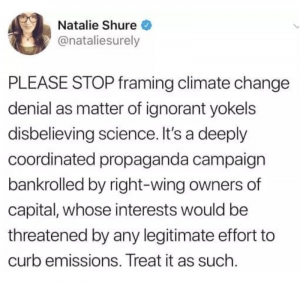This is the World Organic News for the week ending 24th of February 2020.
Jon Moore reporting!
Decarbonise the air, recarbonise the soil!
The growing of soil, the apparent apathy towards action on climate change in some parts of the world and the need to do something, now has me in a reflective state today.
Mindset is critical to the process of removing weeds from the land you are caring for. It takes time, it takes the correct actions too but essentially it’s a matter of mindset. Yes I have weeds to deal with, no I probably won’t solve the problem overnight, in a week or even a season but I will work with the ecology of the weed to remove that weed. It all sounds a bit jedi but it really works. Holding onto the plan based upon the lifecycle of the weed when everyone else in the district is splashing about with the glyphosate takes some courage of your convictions. Continue reading →

